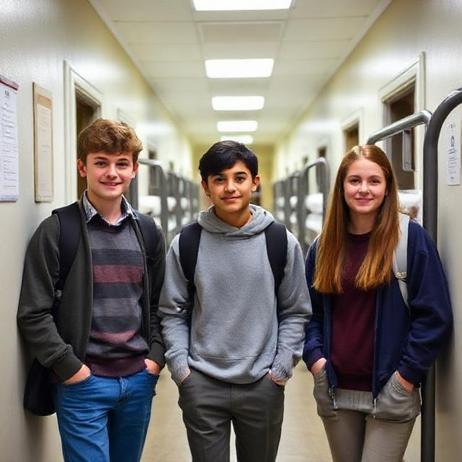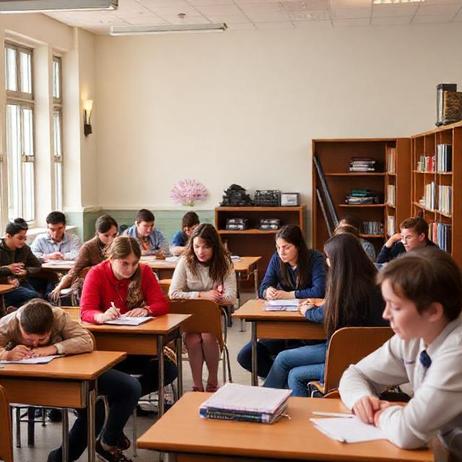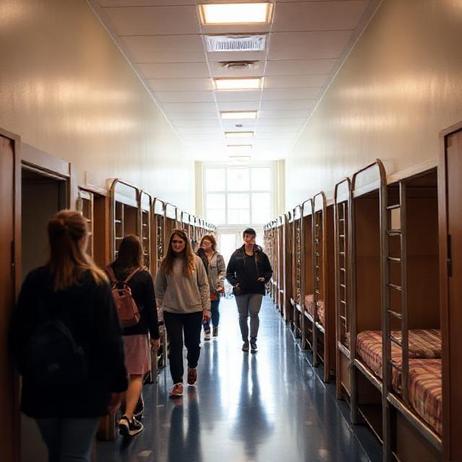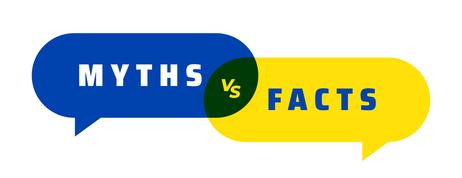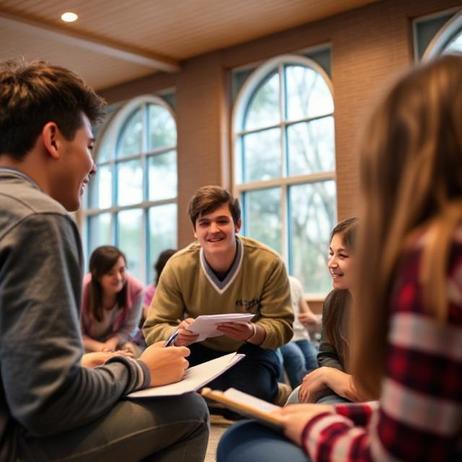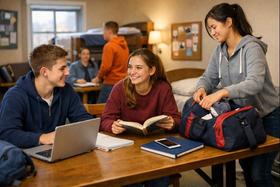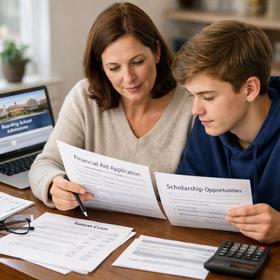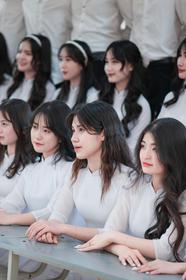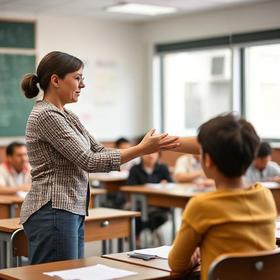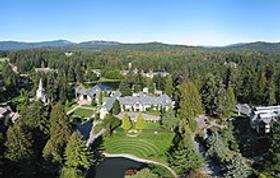Types of Boarding Schools in 2025: Therapeutic, Arts & Hybrid
In 2025, boarding school options are more varied than ever. Beyond traditional college-prep institutions, parents and students now choose from therapeutic, arts, and hybrid boarding schools — each serving a distinct need. Understanding these types can help families make informed decisions about fit, cost, and risk.
1. Therapeutic Boarding Schools
What They Are
Therapeutic boarding schools (sometimes referred to as “residential treatment programs”) combine schooling with structured mental health support. These are geared toward students facing behavioral challenges, emotional issues, or underlying mental health needs. The “troubled-teen industry” has long encompassed such schools.
Key Developments in 2025
As of December 2024, the Stop Institutional Child Abuse Act became law.
This law mandates a federal workgroup under the U.S. Department of Health & Human Services to study youth residential programs and recommend safety and oversight improvements. ylc.org
The American Bar Association passed Resolution 605, calling for stronger regulation of youth residential facilities due to abuse concerns.
Advocates like the Justice Law Collaborative warn that many therapeutic schools remain underregulated and potentially dangerous, particularly for marginalized youth.
Risks and Concerns
Because federal oversight is just beginning, many therapeutic programs have historically operated with limited transparency. Reports cite misuse of restraint, lack

